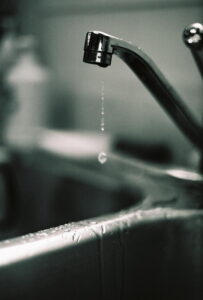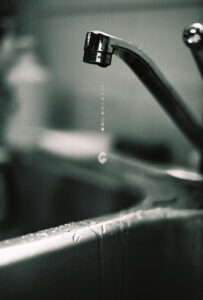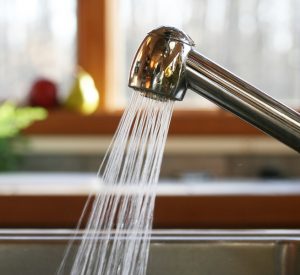
There are some peculiar things going on with your water heater and you’re questioning what’s going on.
We know that you’re not waking up in the morning with the first thought on your mind being your water heater. If we’re being realistic, you might not think about your water heater at all in a day.
We want to put it at the forefront of your mind today, though. Most of the problems with your water heater start long before you notice them. Today, we’re going to hip you to some signs that your water heater in Glendale, AZ might give you trouble.
Troubling Signs for Your Water Heater
Here are some signs that your water heater is about to give you a headache. If you notice any of this going on, it’s important to schedule an appointment with our team members.
You Don’t Have Enough Hot Water
You run out of hot water every time you need it. It’s as if your water heater is quitting halfway through the job. This points to a severe capacity issue. This will worsen until you barely have any hot water in your home. We can fix this for you.
Leaks
You hear a sizzling sound from your water heater because there’s hot water leaking out of the system. A leaking water heater is a problem because it’s going to be hard for you to get comfortable water temperatures. It’s also going to be a problem because of potential water damage. Don’t risk serious home damage or internal failure with your water heater due to leaks.
Water Temperature Is Inconsistent
Do you stand in the shower and get scorched out of nowhere by the temperature of the water? What about the opposite: you’re lathering up under a warm stream of water it suddenly goes cold? Both are extreme issues that point to a water heater problem. We’ll look at your thermostat and make sure it’s set up to work well. Then we’ll assess your capacity needs.
You Hear Odd Sounds
The funny thing about water heaters is that they can start to make noise when they’re having trouble. It’s as if they’re literally trying to reach out and speak to you. Watch out for some unusual noises like cracking, rumbling, screeching, banging, and more.
Odd sounds are bad no matter what they are. You should report this problem to a professional no matter what it is. We can guarantee this problem will snowball into a bigger issue and we’d like to prevent that.
Reduced Water Flow
When you hop into the shower and lather up, you notice that the shower doesn’t really act like a shower anymore. It feels more like a watering can is being poured over the top of your head.
Reduced water flow is a clear sign that the water heater is struggling capacity-wise. The water heater may have a build-up of sediment at the bottom. If this gets extreme, you’ll notice that your water heater’s capacity is greatly reduced. We’re prepared to help correct this.
Trust The Trusted Plumber. Schedule an appointment with us today for your water heater repair needs.
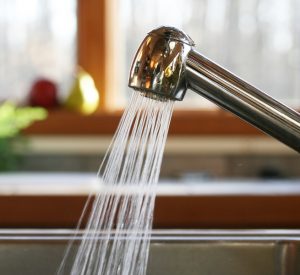
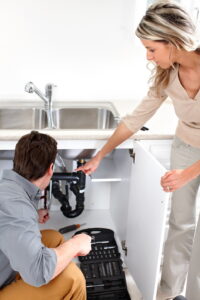
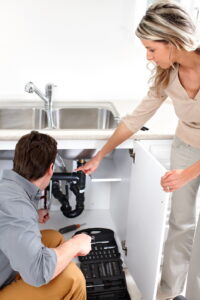
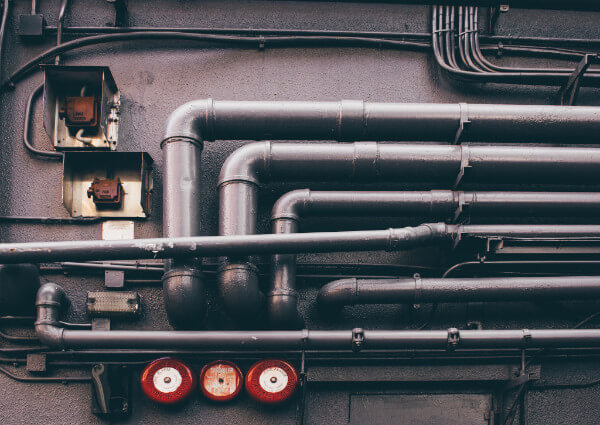
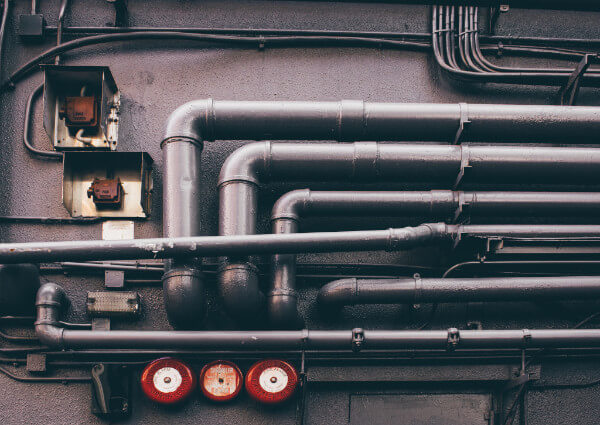 sometimes the problem is deeper beneath the surface than it appears! Know the difference between whether your clogged drain requires a simple fix or whether your blocked drain is a symptom of a larger plumbing issue.
sometimes the problem is deeper beneath the surface than it appears! Know the difference between whether your clogged drain requires a simple fix or whether your blocked drain is a symptom of a larger plumbing issue.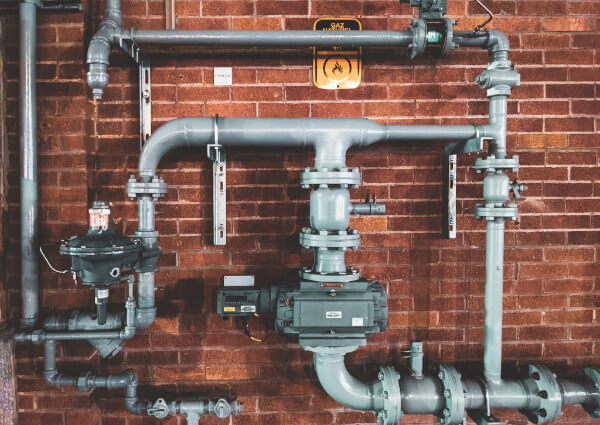
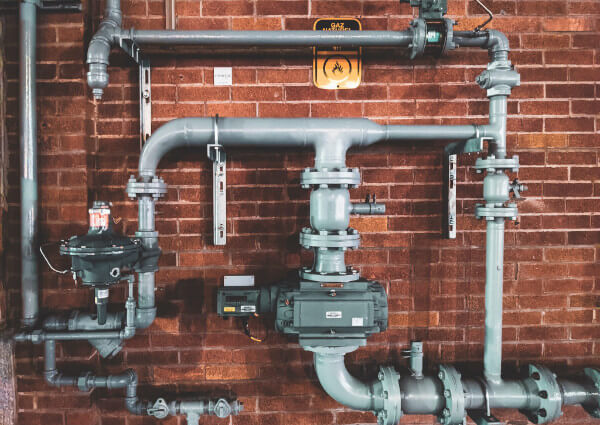
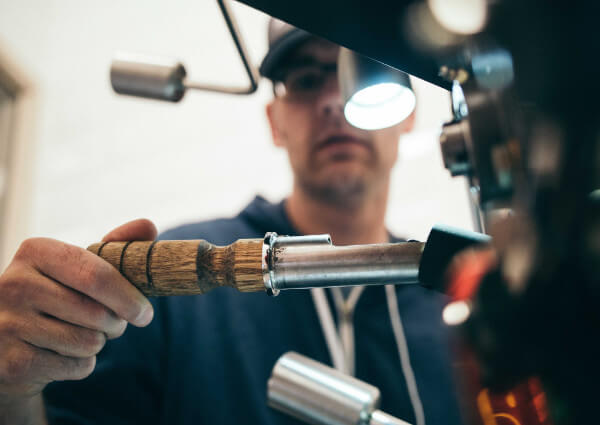
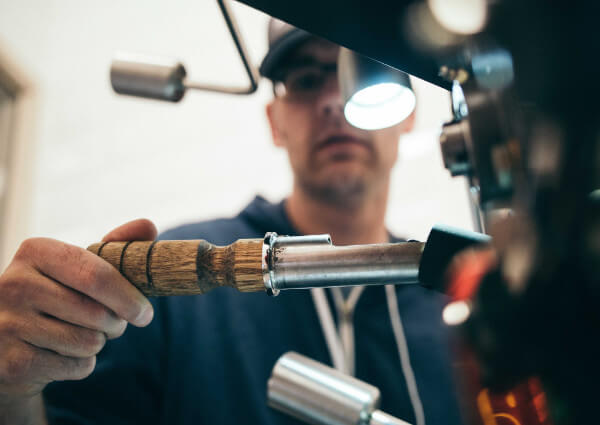
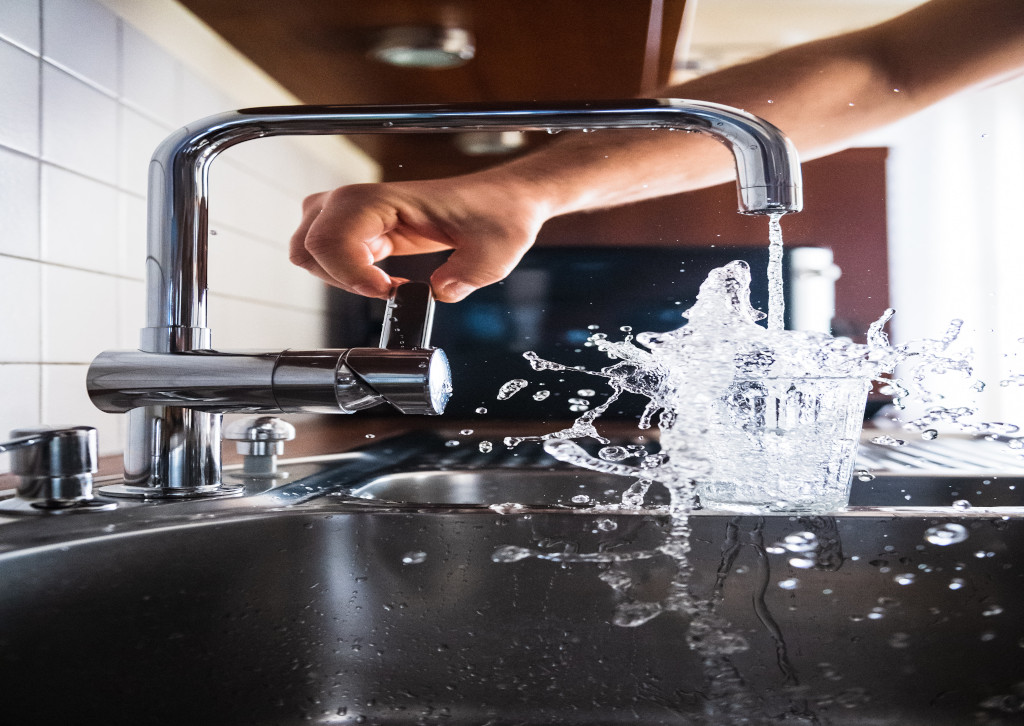
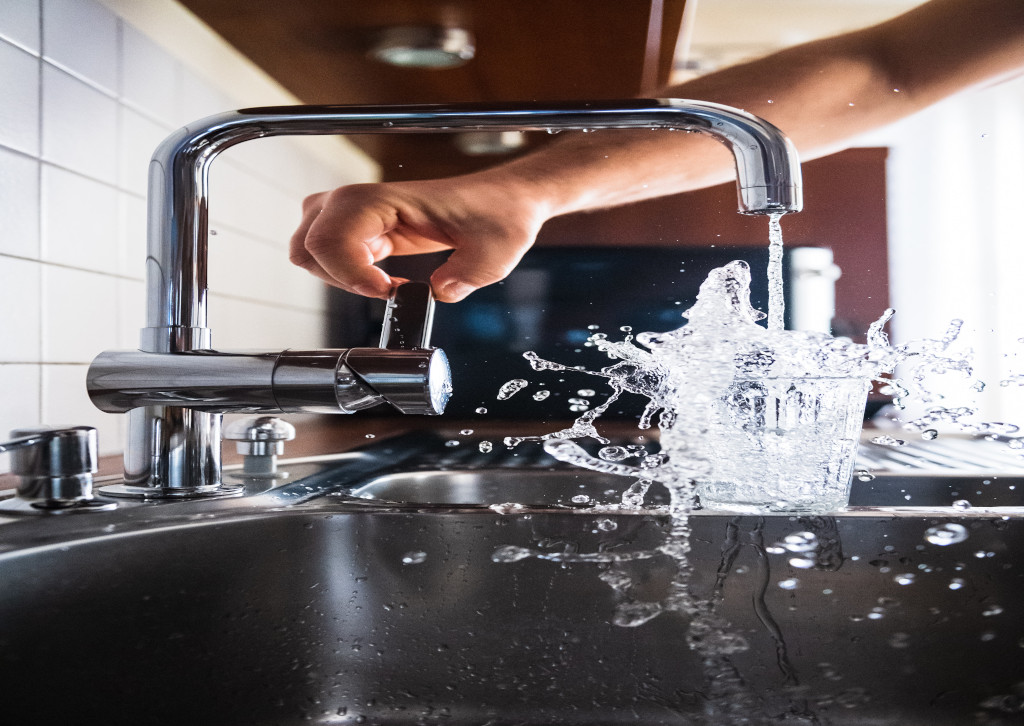 Are you wondering when you should get yourself a new water softener for your home? It’s a great question to ask yourself. Especially when this time of year rolls around. Fall is a season that provides enough relief from extreme temperatures long enough to allow you to think about the finer details of your home comfort.
Are you wondering when you should get yourself a new water softener for your home? It’s a great question to ask yourself. Especially when this time of year rolls around. Fall is a season that provides enough relief from extreme temperatures long enough to allow you to think about the finer details of your home comfort.

